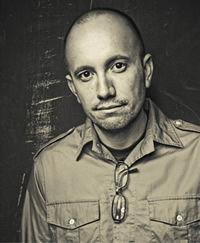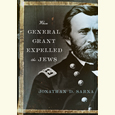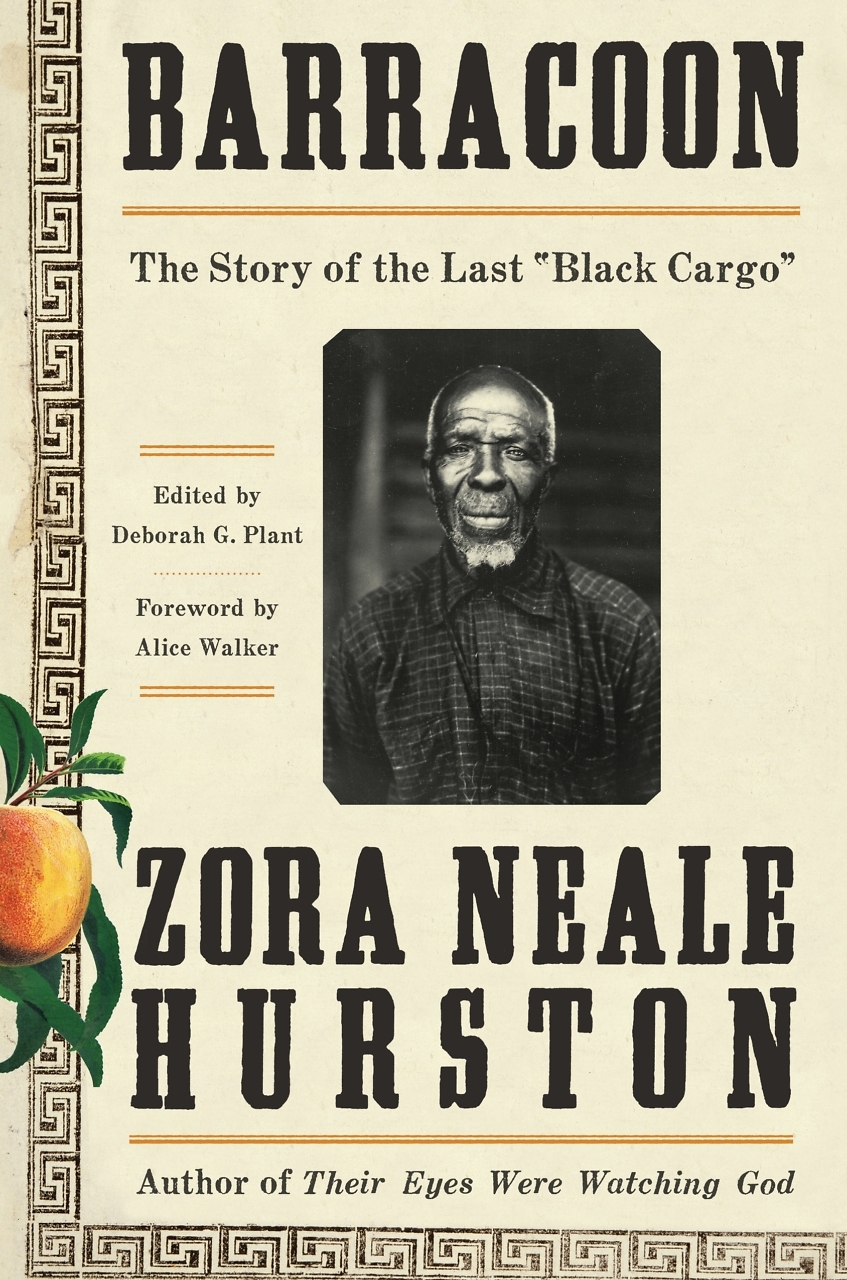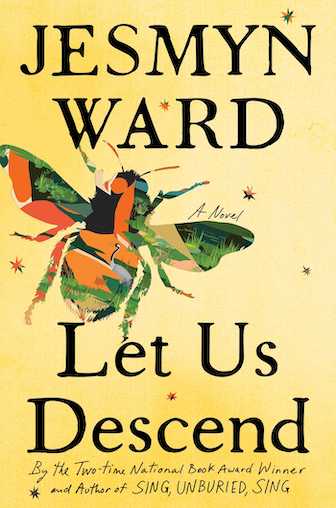Thou Shalt Not!
Christian writer and music-business escapee Matthew Paul Turner tells of his journey away from fundamentalism
When Paul Matthew Turner left his home in Virginia to attend Nashville’s Belmont University, he didn’t know what he was in for. Now a successful Christian writer, Turner was raised in the Independent Baptist Bible Church, where even squeaky clean Christian artists like Sandi Patty were considered satanic. Compared to this fundamentalist upbringing, Belmont seemed like a devil’s playground where plaid-shirted hipsters smoked clove cigarettes and listened to Amy Grant. Like a spiritual version of Nick Hornsby’s High Fidelity, Hear No Evil describes how music helped Turner come to terms with this more-worldly version of the faith. With a sly sense of humor and a mid-nineties soundtrack playing in his head, Turner discovers that Christianity is less a series of proscriptions than it is a way of living in a sometimes far-from-perfect world.
To someone raised in a secular home, Turner’s upbringing might sound otherworldly. As a child, he was forbidden to listen to music that contained any type of percussion: drums came from Africa; voodoo came from Africa; voodoo comes from Satan; Satan loves drums. For members of the Independent Baptist Bible Church, even fellow conservative Christians like Tammy Baker and members of the rival Church of God are suspect for being overly involved with secular matters like money or emotion. “It was completely natural for us to relate to another person’s brand of Christianity by … pointing out how inferior it was to our own,” Turner writes. “It never crossed our minds that such an act was judgmental.”
 Coming from a world where Pee Wee Herman, Presbyterians, and Enya were all the devil incarnate, Turner can be forgiven his raging naiveté. Where others might name-drop the Sex Pistols or the Ramones, he describes an early fondness for the music of Patty, which, he admits, made him “feel edgy and full of rage, like I was bucking the fundamentalist system.”
Coming from a world where Pee Wee Herman, Presbyterians, and Enya were all the devil incarnate, Turner can be forgiven his raging naiveté. Where others might name-drop the Sex Pistols or the Ramones, he describes an early fondness for the music of Patty, which, he admits, made him “feel edgy and full of rage, like I was bucking the fundamentalist system.”
As Turner enters Belmont, he’s likewise shocked. He attends his first film (E.T.), and is introduced to non-Christian professors and bearded, guitar-strumming “Calvinists” who, like himself, were “called” to a career in Christian music. In an attempt to become “the Michael Jackson of Christian music,” Turner revels in the once verboten songs of Christian artists like Michael W. Smith, Petra, and Amy Grant, as well as those of equally cringe-worthy secular acts such as Pearl Jam, Toad the Wet Sprocket, and Paul Abdul.
Upon graduation, Turner is unemployed but wiser. He understands the obsolete nature of Christian artists who, like himself, “[come] to Nashville to be faith-versions of pop stars. By the time God started listening to a particular artist and decided he might like to have his name associated with a particular sound,” Turner sarcastically admits, “it was about four years too late.”
After finding work as the editor of Contemporary Christian Music magazine, Turner’s musical tastes are no less pedestrian. But Hear No Evil‘s point isn’t to win a game of hipper-than-thou. As longtime friends discover the pleasures of sin and lose their faith, Turner comes to understand that, for him, God’s grace requires an engagement with the world, sin and all. “Growing up in a church that bordered on being a religious regime often stole my chances to experience God as a mystery,” he writes. “Music reminded us that we could trust God even when ‘his people’ failed us.”


